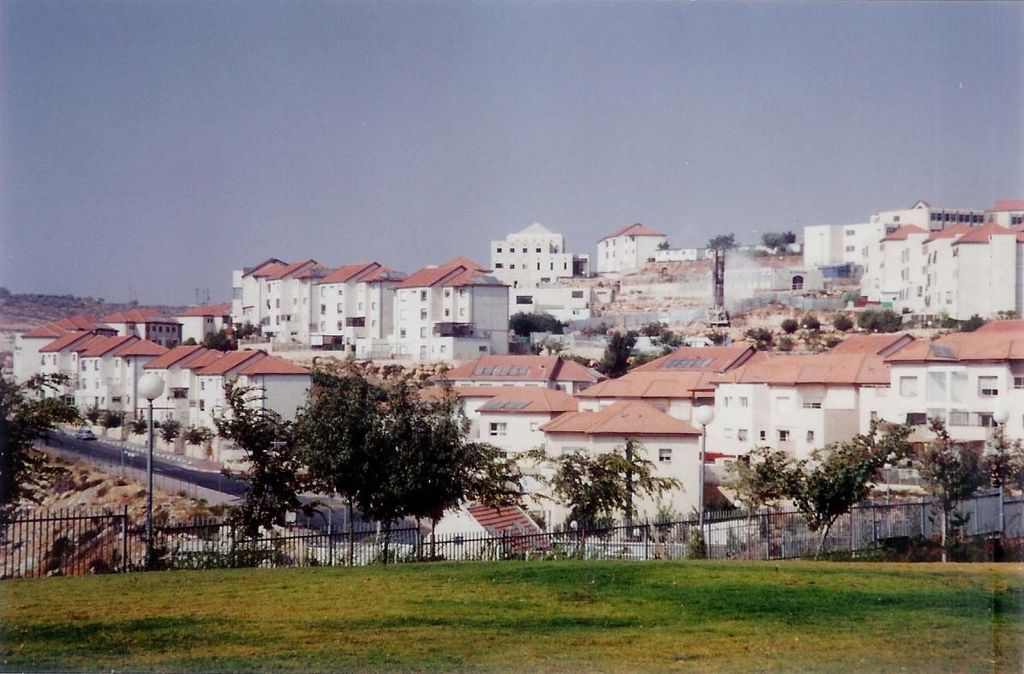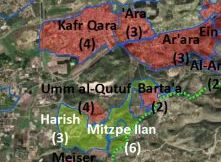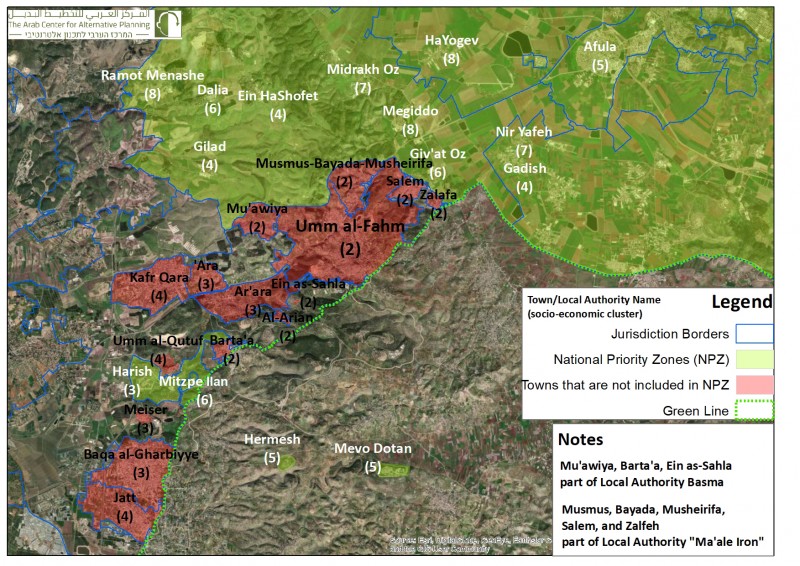Israel Land Authority’s criteria to grant financial benefits in National Priority Areas excludes Arab communities
Adalah – The Legal Center for Arab Minority Rights in Israel sent a letter on 8 July 2019 to the Israeli prime minister, the director of the Israel Land Authority (ILA), the attorney general and the finance minister requesting the cancellation of the Israel Land Council’s (ILC) decision, made in April 2019, to grant financial benefits for construction and housing on lands located in National Priority Areas (NPAs). The decision also provides large discounts on land leasing fees in these areas.
According to the government decision, communities will be entitled to financial benefits if they are located in regions that have been classified as a “geographic periphery area”. The criteria used for this decision incorporates towns in the Golan Heights, Safed, Beer Sheva, Galilee, Akka, and Jezreel Valley districts, but excludes Arab towns in the Triangle region in the center of Israel.
In the letter, Attorney Suhad Bishara, director of Adalah’s Land and Planning Rights Unit, argued that the criteria used to determine NPAs is arbitrary and discriminatory. It excludes communities that are classified as “social periphery” as opposed to geographic, which have even lower socio-economic indices than the communities that were included in the government’s list.
Notably, Harish and Mitzpe Ilan, which are Jewish towns located in the Triangle area, were included on the list of NPA towns (Harish pursuant to another government decision (No. 870), and Mitzpe Ilan as a new community), which entitles them to these benefits. Meanwhile, adjacent Arab localities, which are classified under the same social periphery category, are not included in the list.
The calculation of the average criteria data of all the communities in a region determines whether or not the region will be included in the list of NPA benefit recipients. However, it is explained in the ILA decision that although the classification of NPA communities is based on a previous government decision (No. 1527), there are changes in the classification.
A review of the list reveals that 25 of them, all Arab communities, were classified as having a lower priority than that which was set in the original government decision. The classification of urban communities is arbitrary and results in a situation in which Arab localities in a low socio-economic cluster and a low position in the periphery index are designated “NPA B” localities (which receive much less benefits), while adjacent Jewish communities that are included in the same or higher indices are designated as “NPA A” communities.
A survey of communities in the Naqab (Negev) region reveals that the Bedouin communities of Umm Batin, Al-Sayyid, Hura, Lakiya, and Rahat - all in Socio-Economic Cluster 1 (the poorest) - are defined as communities in NPA B, while communities such as Talalim, Revivim and Lahav that are in socio-economic clusters 6 and 7 (much wealthier), are defined as NPA A. The picture is the same in the Galilee in the north. Reineh, Ein Mahal and Tur'an, which are in clusters 2-3 (poor), are designated as NPA B, while Nazaret Illit is listed in cluster 5 is classified in NPA A.
Adalah contends that the failure to take the social periphery classification and various practical considerations into account contradicts the purposes of the law. Further, following a petition by Adalah on behalf of the Arab leadership in Israel against the prime minister's decision to classify 492 localities, of which only four are Arab towns, as NPA A, the Supreme Court by seven justices in 2006 ordered the cancellation of the classification, finding no legislative authorization for such decisions. In addition, the Court criticized the classification as discriminatory, as even among neighboring communities, Jewish towns were included and Arab communities were excluded from it (HCJ 11163/03, The High Follow-up Committee for the Arab Citizens in Israel, v. the Prime Minister of Israel).
Based on all of the above, Adalah requested that the decisions of the government and the ILA be cancelled and replaced by measures that will lead to equality in the granting of benefits.
Attorney Bishara commented: "The absurd result of the policy of the government and the ILA is that weak communities, according to objective criteria regarding the status of social periphery, are not awarded benefits, while their neighbors, some of whom live in communities that have a high socio-economic level, enjoy them. The creation of a system of criteria that systematically discriminates against Palestinian citizens is a quiet practice that the government implements in all areas of life. We are now seeing another instance of it in the sphere of benefits in land allocation, where there is entrenched long term discrimination. The Supreme Court has already ruled that this conduct is illegal in the field of education, and it is reasonable that the court will determine so again if asked to address the issue.”
CLICK HERE to read Adalah's letter [Hebrew]














